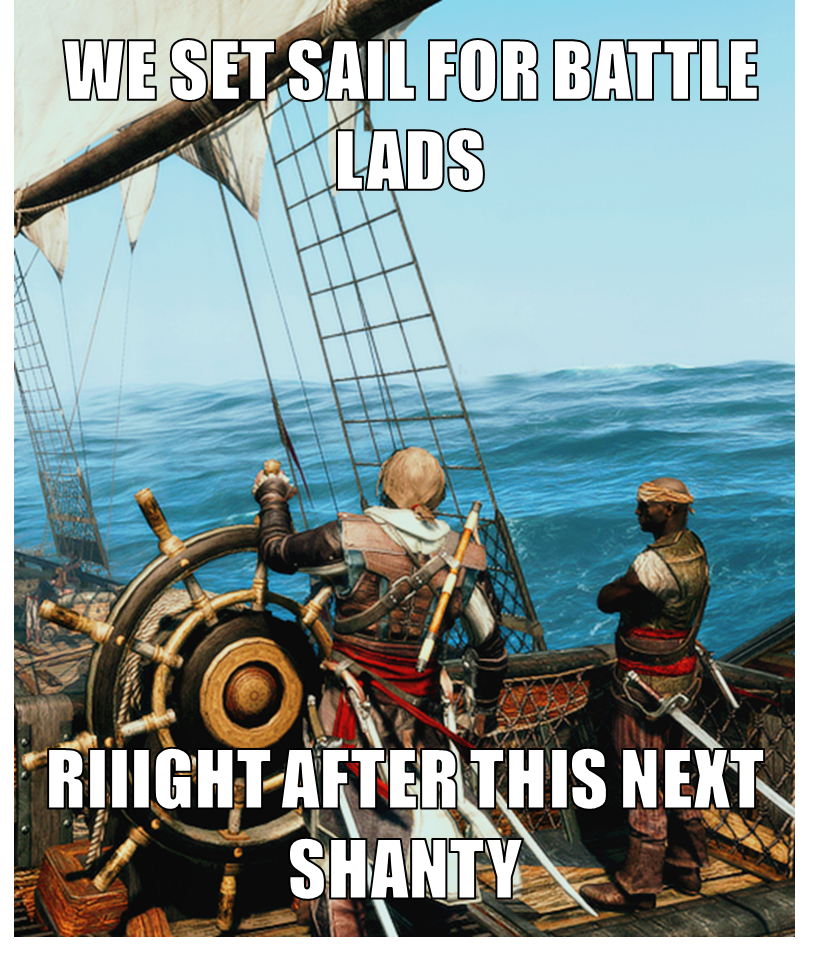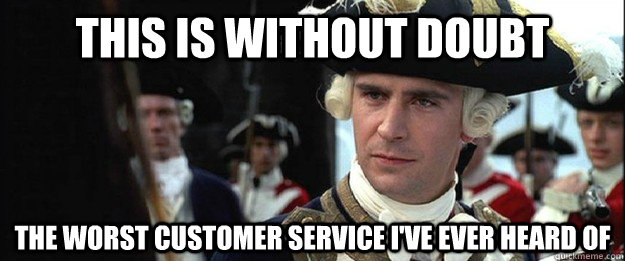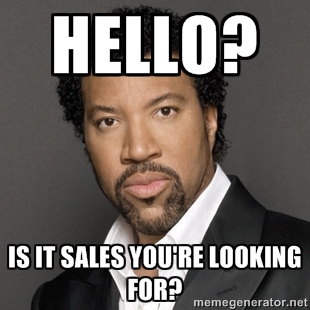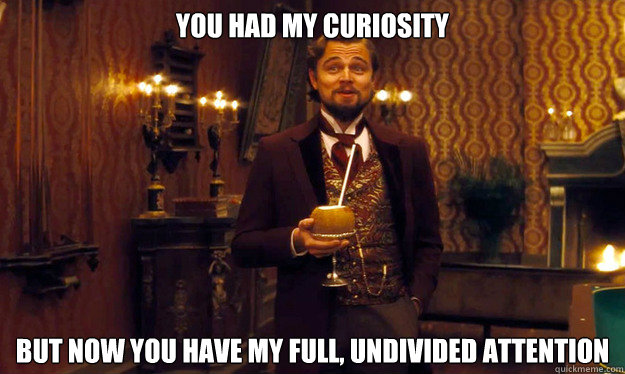Hi folks,
Like many people, my musical tastes go through phases. I have a core group of genres that are pretty static, but onto those I’ll periodically add additional genres that phase in and out over time. The current top of my Pandora playlists: sea shanties.
That’s right. Sea shanties.

Either way, since many of these song were written in the 1800s, I sometimes have to do some research to figure out what they’re talking about. For example:
Come all ye young fellows that follows the sea
To me, way hey, blow the man down
Now please pay attention and listen to me
Give me some time to blow the man down
What does “blow the man down” mean? Turns out that people don’t really know. There are a variety of theories, but the precise meaning has been lost over time.
This happens in modern times, too. Or at least definitions evolve – sometimes from misuse of a word or phrase over time. I’m pretty sure “literally” is used properly about 10% of the time. Literally.
A term that’s been bothering me for a while is “customers”, usually as it relates to the concept of customer service.

“Customer” has a pretty precise definition – somebody who pays for goods or services. And in that definition, the customer is a goal in and of themselves –you maximize your customers in order to maximize your revenue or profit. To that end, you provide good customer service to make sure that they’re happy, that they return to buy more from you, that they refer others to you, etc. Makes sense, right?
But “customer service” has become shorthand for good relations with somebody to whom you provide something and “customer” has become shorthand for somebody who receives something from you. And that fundamentally mischaracterizes most relationships. A person is not your customer simply because you provide them with the output of your efforts. For somebody to be a customer, your transaction with that person – typically the exchange of money – has to be the fundamental goal of your organization.

From an abundance of good intentions, we took on the mantra of “good customer service” and began referring to many of our colleagues throughout the agency as “customers”. They’re not and we disservice ourselves and them to characterize them as such. Our relationships with them far transcend our transactions.
So what are they?
They’re our partners. Partners share a common goal and both contribute to the pursuit of that goal. For us, we share the common goal of the security of our agency. And our partners contribute to that goal in a multitude of meaningful ways – ways that go far beyond the simple receipt of our work products.
Why spend the time to write about this?

There’s a pretty awesome quote, variations of which have been ascribed to everybody ranging from Emerson to Buddha to Margaret Thatcher’s dad:
Watch your thoughts, they become words;
watch your words, they become actions;
watch your actions, they become habits;
watch your habits, they become character;
watch your character, for it becomes your destiny.
When we refer to partners as customers, we change the dynamics of the relationship. We focus on the transaction. We place ourselves in a servile position. We lose sight of the shared, common goal. If we’re going to pursue our mission as effectively as possible, we need as many allies – as many partners – as possible. We can’t afford to turn them into mere customers.
Rex